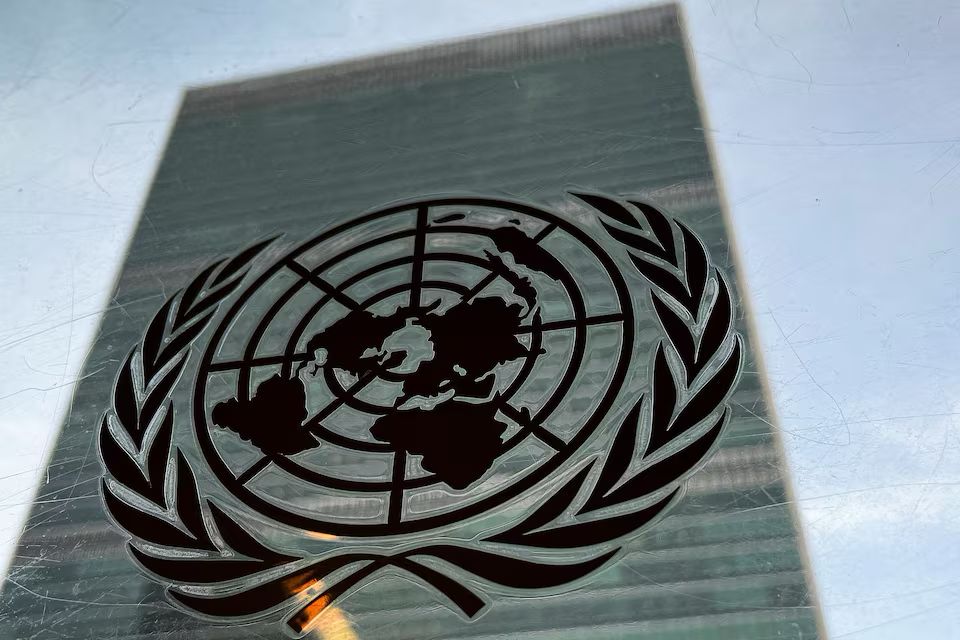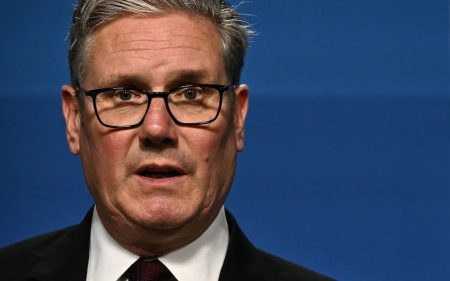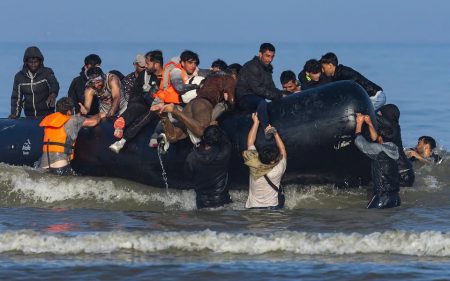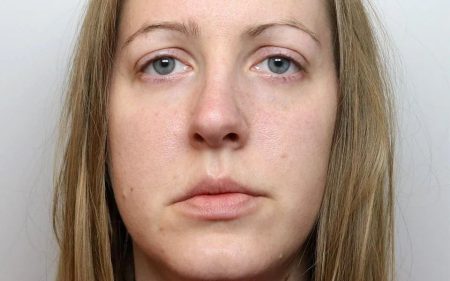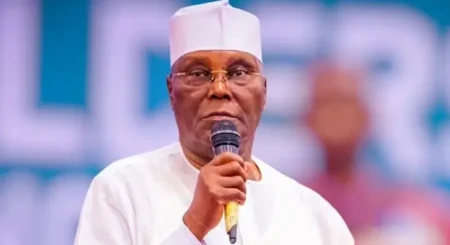Global aid funding cuts, led by the United States, are disrupting efforts to vaccinate children against deadly diseases almost as much as the COVID-19 pandemic did, the United Nations said on Thursday.
Outbreaks of infectious diseases, including measles, meningitis, and yellow fever, have been increasing globally.
According to reports from World Health Organization offices in 108 largely low and lower-middle income countries, Emergency and routine vaccinations meanwhile were significantly affected in nearly half of countries at the start of April due to the funding cuts.
Cuts to funding also reduced vaccine supplies and hampered disease surveillance, the WHO and UNICEF said in a joint release with Gavi, the Vaccine Alliance.
The UNICEF executive director, Catherine Russell, said, “Setbacks (are) at a similar level to what we saw during COVID-19. We cannot afford to lose ground in the fight against preventable disease,” said
COVID-19 caused what was called the largest backslide in childhood vaccination in a generation and aid funding cuts, led by the U.S. – formerly the world’s largest donor – risked the same outcome, the joint release said.
They called for funding for childhood immunisation to be maintained ahead of Gavi’s funding round, which will be launched in June. The group is seeking $9 billion for its work from 2026-2030.
Sania Nishtar, Gavi’s chief executive officer, said it was possible to fight the rise of infectious diseases but only if the group was fully funded.
Measles cases have increased year-on-year since 2021, while meningitis surged in Africa last year and yellow fever cases also rose after declines in the last decade, the agencies said.
Last month, an internal U.S. government document showed it would follow its cuts to UNICEF and the WHO, part of wider plans to streamline and focus foreign aid to align with the “America First” policy, by cancelling its contribution of around $300 million annually to Gavi.
Last week, the U.S. State Department told Reuters it had nominated Mark Lloyd, assistant administrator for global health, to Gavi’s 28-person board. The U.S. seat had previously been vacant.
Both the U.S. State Department and Gavi declined to comment about what this could mean for the U.S. funding.
Read also: UK minister resigns over PM starmer’s decisions to cut aid budget
Gavi, the Vaccine Alliance, funds global stockpiles of vaccines against cholera, Ebola, meningitis, and yellow fever, and they are accessible to all countries as it supports outcampaigns lower-income nations.
The use of the stockpiles for outbreak response is managed by the International Coordinating Group on Vaccine Provision, and doses are delivered to countries by UNICEF.
Gavi has helped vaccinate nearly 400 million children and young adults against meningitis A, effectively eliminating the disease in Africa since 2017. The WHO-approved Men5CV vaccine, introduced in 2023, protects against five major serogroups of meningococcus bacteria, representing a significant advancement for high-risk regions.
Since 2024, Gavi has supported Men5CV deployment for outbreak response, routine immunization, and preventive mass campaigns in the meningitis belt.


